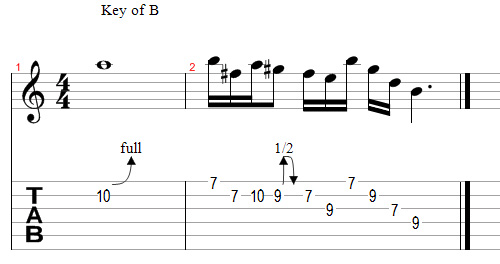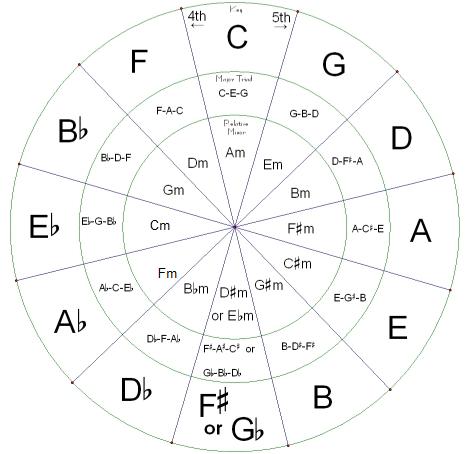Who is creative? Who do you think of as being creative? I would guess most people would name major figures in the arts–those we think of as “stars” or “geniuses.” Everyone would agree that Rembrandt, Picasso, Mozart, Beethoven, Shakespeare, Austen, Dickens, Proust, Miles Davis and Jimi Hendrix are creative masters in their chosen art form.
While there are many other examples of exceptional creative talent, creativity is not limited to stars or geniuses. In fact, I believe that creativity is an inherent human quality, one that everyone possesses and one that we should all honor in ourselves and each other.
Have you ever watched young children playing together? Isn’t it striking how creatively they take whatever objects are at hand and create a game, tell a story, create a new world or another way of amusing themselves and each other? Children are a reminder that we all start out with amazing creative resources.
Unfortunately, our sense of creativity is too often squelched by the adults around us (parents, family, teachers, peers). We’re told we don’t know how to draw, that we’re singing off key. We get the message that what we create isn’t good enough or isn’t right. Making art or music is turned into drudgery. Gradually, over the years we’re convinced that we’re not creative. Creativity becomes a talent only stars or geniuses or “idols” possess.
No matter what our age, our creativity is there to be uncovered or rediscovered. It may take some exploration and experimentation to find the creative domain that most appeals to us, but it’s worth the effort. Engaging in a creative activity allows us to feel fully alive.
There are many forces in our (commercial) culture that promote “stars” or celebrities as the only ones who are creative. If you can barely croak out a tune in the shower, you can easily believe you’ll never appear on “American Idol.” However, if you feel called to sing, take a leap of faith and pursue it. Creativity is not about fame and fortune. It’s about nurturing and honoring the human spirit and our relationship to others and our world. It’s about being who we are.
Especially at the beginning of a creative journey, our achievements are likely to be quite modest. If we compare ourselves to creative models or mentors we admire, we may feel hopelessly inadequate. Perseverance and persistence will bring improvement, though seldom as fast or to the extent we might wish. The third ‘P”–patience–plays an important supportive role.
When I started taking guitar lessons in 2008, even the simplest finger exercise was a challenge. I was a long way from making music, but I loved the blues and wanted to play guitar in the spirit of the musicians I admired. One of the most important lessons I’ve learned is that practice doesn’t make perfect, as the saying goes, but it does lead to progress. Today it’s hard to believe those early exercises could have been so difficult. Now I can actually play music. There is still a lot I want to learn–it’s a lifetime journey, but I find satisfaction in what I can play. It’s taken many small daily steps to reach this point. Tomorrow, I’ll take another step and see where it leads.
Whatever your age, don’t wait to discover your creative talents. It doesn’t matter if you never become a great creative talent (a “star”), as long as you can find a source of personal satisfaction and enjoyment. Start exploring and take the first small steps on your creative journey.

